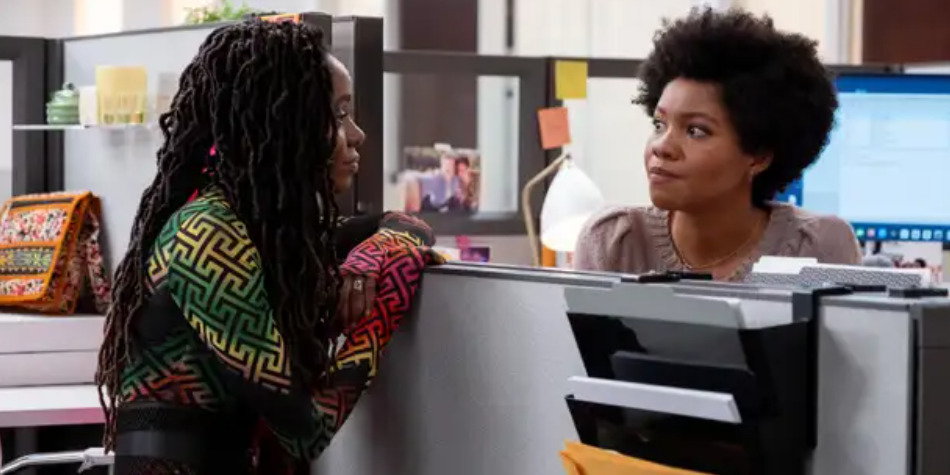The Other Black Girl: Is Wagner Books a Real Publishing House? Is Colin Franklin a Real Author?
‘The Other Black Girl’ is a Hulu mystery drama show with a base premise of passive workplace racism that develops into something much bigger. The show revolves around Wagner Books, a New York Publishing House historically known for its lack of diversity, with only one non-white Editor to come out of the company. In the present day, Nella Rogers…
‘The Other Black Girl’ is a Hulu mystery drama show with a base premise of passive workplace racism that develops into something much bigger. The show revolves around Wagner Books, a New York Publishing House historically known for its lack of diversity, with only one non-white Editor to come out of the company. In the present day, Nella Rogers works for the editorial team as the only Black woman in the office, dealing with every nuisance that comes with it. As such, when Hazel May-McCall, another Black woman with a passion for books, enters the scene, Nella assumes her work life is about to get a lot better.
Soon, however, Nella is forced to wonder whether or not she can trust Hazel as her friend. Although the show starts as a workplace drama with hints of horror, the underlying plot surrounding a wild conspiracy unfolds gradually. Yet, given the narrative’s setting in the publishing world and the initial focus on problematic author Colin Franklin, viewers must wonder if those elements have any basis in real life. Let’s find out!
Is Wagner Books Based on a Real Publishing House?
No, Wagner Books is not based on a real publishing house, just as Colin Franklin is not based on a real author. Both are made-up elements crafted by Zakiya Dalila Harris, the show’s creator and author of the eponymously named book that the show adapts. Wagner Books and Colin Franklin are simply fictitious elements made up for the sake of Harris’ story. Nonetheless, since ‘The Other Black Girl’ serves as a social commentary on the toxic workplace environment in the country, especially within the book publishing circles, both entities have certain roots in reality.

Initially, Harris got the inspiration for Nella’s story from a real-life incident that happened to her. While working at Knopf Doubleday as an assistant editor, Harris realized that her work floor only had two African-American employees after experiencing a moment of excitement upon bumping into another Black woman there. The incident made Harris analyze previous patterns regarding diversity in professional landscapes, which resulted in the book’s inception.
Consequently, though fictional, Wagner Books has an origin in Harris’ experiences within the Publishing industry. As such, the Publishing giant is able to emulate an authentic experience in the narrative without directly recreating any specific real-life company. Case in point: In an interview with The Guardian, Harris shared the reaction she received from the industry, saying, “Other black women in publishing have responded well to it, which is great, though it also makes me sad that it’s so relatable.”
Similarly, even though Colin Franklin has little to no connection to any real-life authors, the circumstances surrounding Colin’s storyline are a reflection of reality. Colin Franklin is Wagner Books’ superstar cash cow author whose numerous releases continue to bring in profits for the company. However, his latest release, “Needles and Pins,” brings a racist caricature of a character, “Shatricia,” as the only Black character within the story. Worse yet, the author is vehemently against accepting criticisms about it, which leads to his inevitable doom as his book’s unplanned leak results in people boycotting Colin as an artist.
In real life, several problematic authors have seen a significant downfall in recent years. In 2021, the public held Dav Pikey responsible for his problematic book, ‘Ook and Gluk: Kung-Fu Cavemen From the Future,’ which possessed racist depictions of Asian characters. Nevertheless, Pikey handled the situation much better than Colin, holding himself accountable for his actions and taking measures against it, such as Scholastic’s withdrawal of the book from the market and Pikey’s charity work toward preventing hatred against Asian people.